What Does It Mean If My Cat Purrs?
Updated March 1 2021, 4:19 p.m. ET
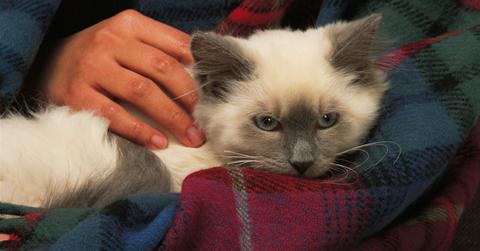
Besides meowing, purring might be one of the most common sounds that cats make. Despite the many vagaries that exist in the expansive range of feline emotions, purring is a sound that we assume signifies contentment and comfort. And while purring does signify both of those emotions, there are a few other reasons why your cat might be purring.
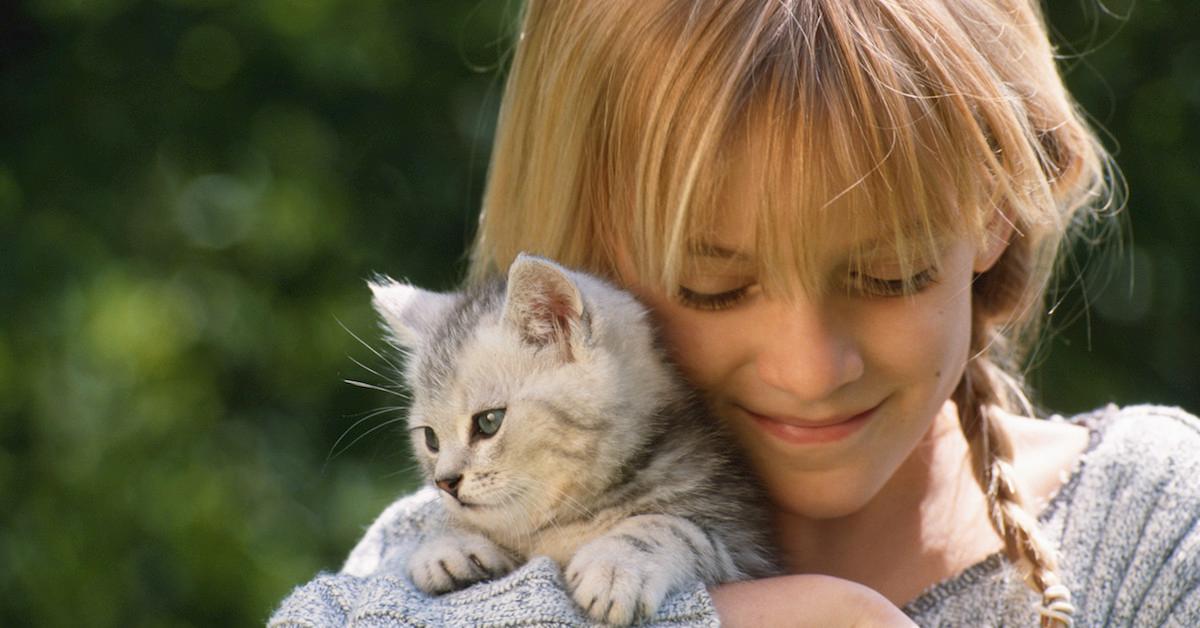
Your cat's purring may indicate happiness.
The most obvious reason that your cat is purring is that they are happy. According to Whiskas, cats generally purr when they are in a relaxed environment. That purr is an indication that your feline friend is feeling happy and sociable. Your cat’s purr might also be an indication that they want affection or that they are happy with the affection you’re already giving them. Then again, it could also mean that they are nervous, hungry, or injured.
Your cat may just be feeling relaxed.
If your cat is sitting in a cat loaf position, with their eyes half-closed and their tail mostly still, it’s a good indication that your cat is in a good mood. If you approach your cat and they remain as cozy and curled up as ever, you can safely assume that their purring is a sign of contentment and not due to stress.
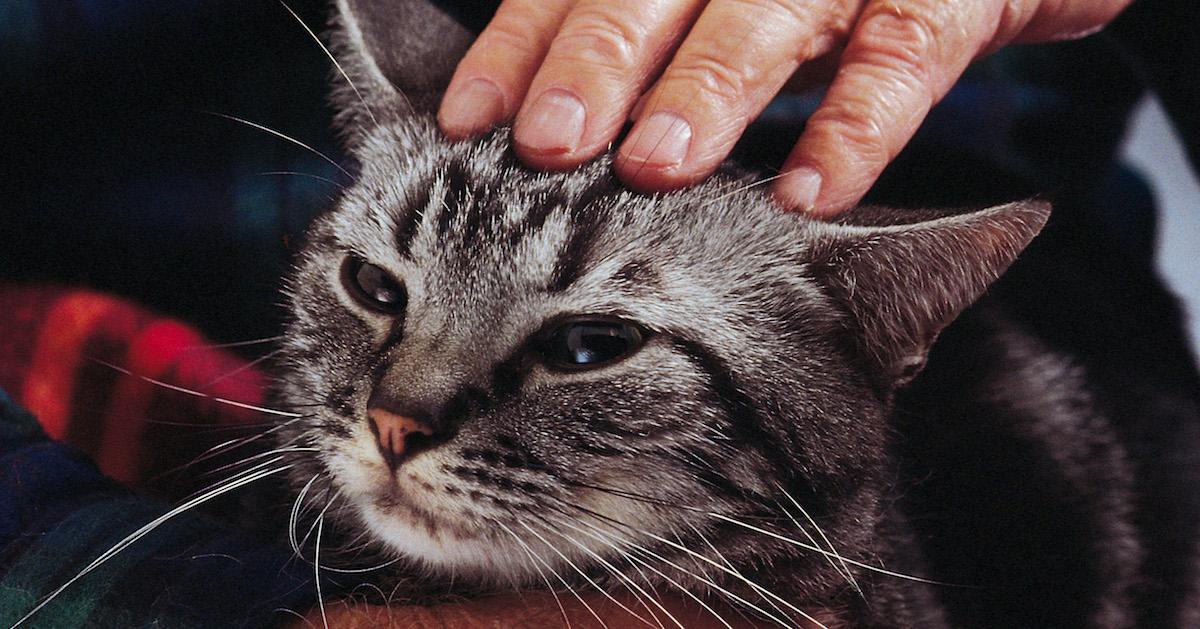
Cats sometimes purr because they are hungry.
According to the Fetch by WebMD, some cats will start to purr when they are hungry. Many cats will meow for food in the same way they would as kittens, but if you combine those meows with a cat’s purr, it makes a rather unpleasant noise that indicates hunger. It’s a distinctly different purr than the kind that a cat makes when they are happy.
Cats sometimes purr to enhance communication between kitten and mother cat.
Kittens might not be able to meow right away, but they can purr as soon as they are a few days old. According to the Fetch by WebMD, this infantile purr is a way of letting their mothers know both where they are and that they are OK. It can also be used to indicate hunger at this age. Mother cats will often use purring as a sort of lullaby for their kittens, which means that purring isn’t just for showing comfort, it’s also used to provide comfort.
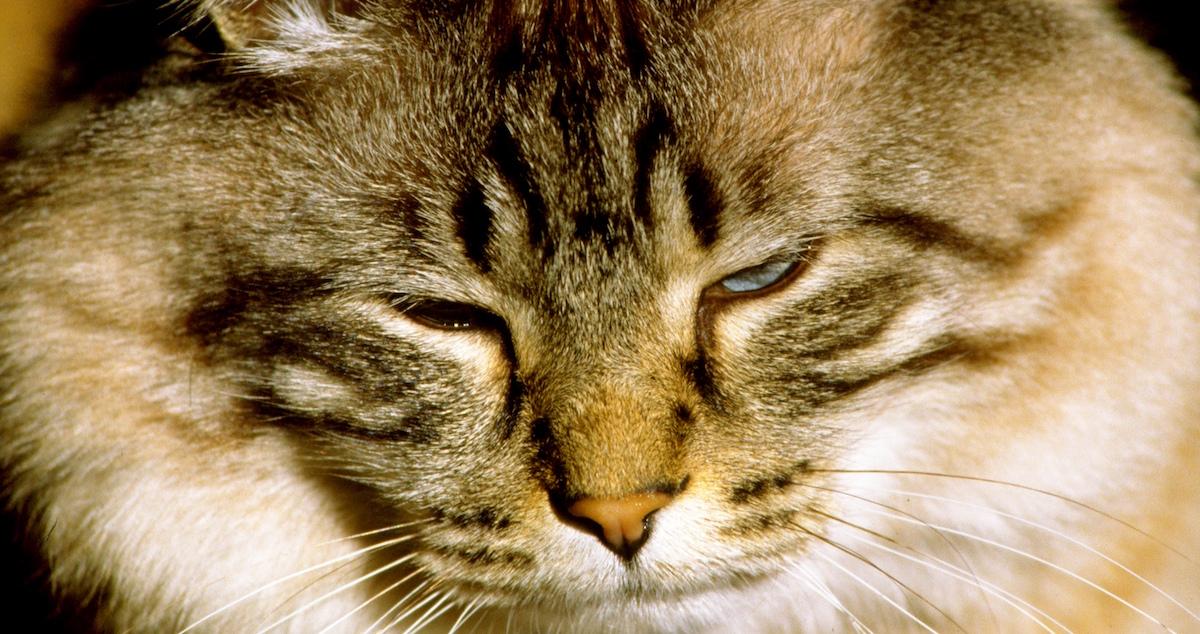
Cats sometimes purr to bring themselves relief and promote healing.
Many cats use purring as a form of self-soothing. It’s similar to the way a human child sucks their thumb when they are upset. Nevertheless, the true power of the purr lies not in a soothing placebo effect, but the potential regenerative properties of this peculiar feline resonance. According to PurrfectPost, purring releases actual endorphins in your cat, which can ease tension and breathing, lessen pain, and promote healing.
According to Scientific American, there is ample evidence that indicates the low frequency or purrs cause vibrations within the body that can heal bones, repair tendons, and decrease swelling. It’s a remarkable facet of feline behavior and might even indicate why cats suffer fewer injuries as a result of falling.
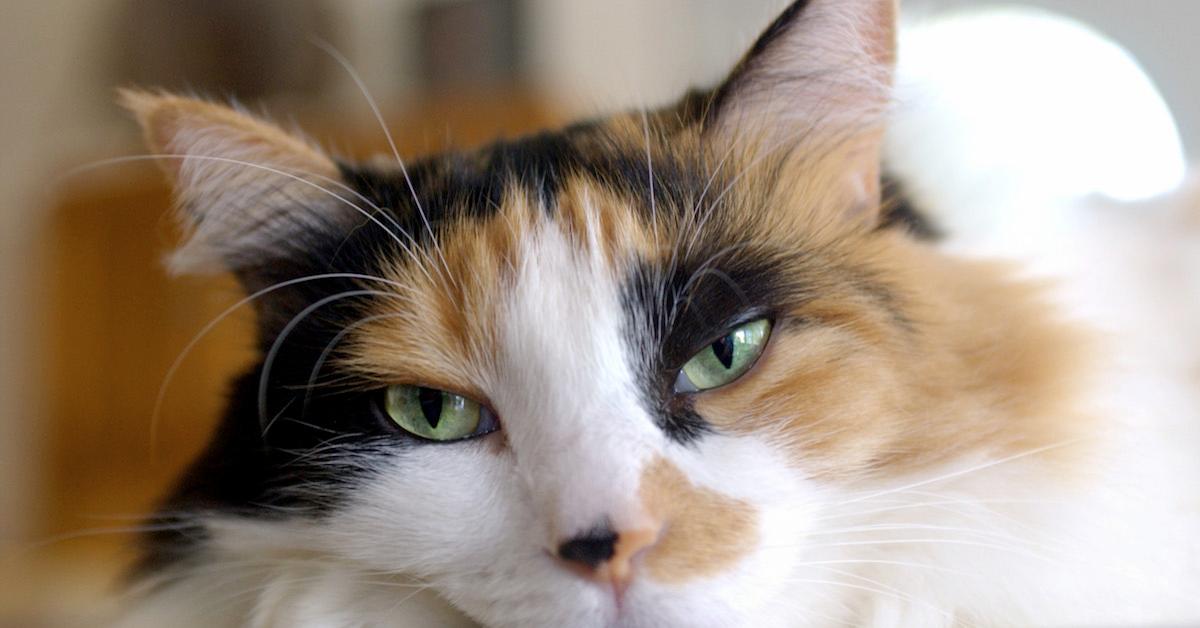
There you have it. If your cat is purring, they are probably just happy, hungry, comfortable, or repairing cellular damage. Determining which emotion your cat is vibrating with, however, is going to have to be on you. But if your cat does evince any disturbing or unusual behavior, be sure to contact your vet.